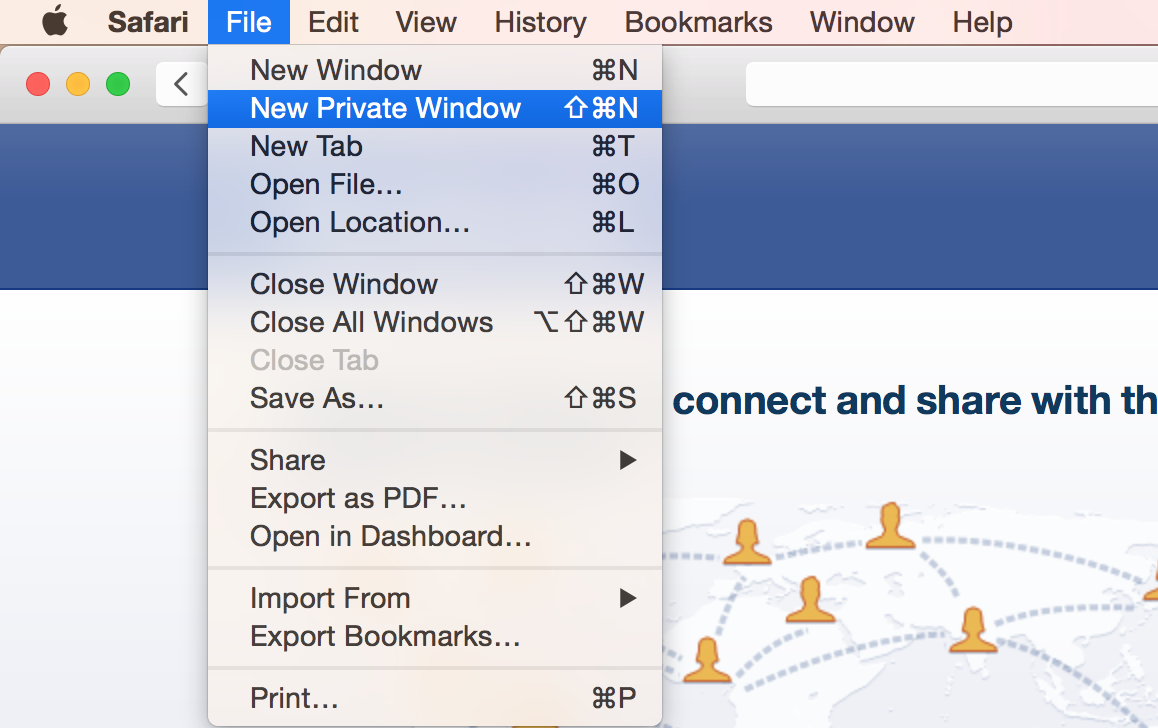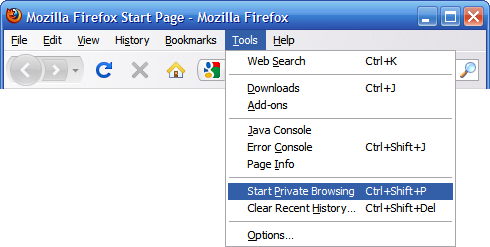Facebook hardly needs an introduction – even your dog and grandpa has got an account these days. You have most likely heard of people getting their Facebook accounts hacked. Sometimes we see friends that post weird updates that are hidden ads or phishing attempts. In most cases their account has been hacked and taken over by someone else. In this guide we will run trough a range of steps you can take to secure yourself while using Facebook.
Top Ways to Keep Your Facebook From being Hacked
A lot of bad things can be done whenever a hacker gets his hands on your Facebook account. They can post anything they like with you being all helpless to do anything about it. Imagine yourself chilling at home, as your friends start calling nonstop to warn you the inappropriate posts are on your timeline. To avoid all of that, you should take certain precautions while using Facebook, and here are a few.
1. Create a Strong Password
The first thing you do when you sign up for Facebook is create a username and password. Well, here comes the beginning of a threatening online journey, make sure you start it the right way. Creating a strong password in one of the key elements to ensure your FB’s security. When you use a random password that not even you might remember, you’ll get more confident that no hacker or software will be able to crack your security measures.
Your Facebook will demand a 9-character password and will inform you how strong it is with a measuring bar. But that doesn’t mean that when it strikes its Strong level it’s actually secure enough. Try to insert characters like “$,! @, #, ?”. These tend to be unguessable and most importantly they might be unreadable by the software the hacker is using. Moreover, the longer the password is, the harder it is to crack. Make sure you use the right one and start safely from the beginning.
2. Avoid Phishing Links
Think twice before clicking or download anything from Facebook. The links provided might contain viruses, malware, or even malicious software. If you visit those links, most of your data such as your email, password, and personal information will be harvested by whoever planted that link on your timeline.
It’s been reported and you’ve probably seen that many attacks occurred when someone falls for these kinds of scams. The worst thing that could happen is that if the hacker got the right details, he could either impersonate you which is very bad or in the worst case demand a ransom for giving your account back.
There is also a chance that you will see that the email came from Facebook but actually, it’s come from a phishing website. So be careful what you choose to click on while using your FB, you never know what’s waiting for you at the end of the line.
3. Use Private Browsing
One other way to circumvent being hacked is to use the Private Browsing feature provided by the browser you’re using. Almost all the web browsers on different computers have this option. Therefore, when you activate it, any activity you go through will not be logged into the browsing history.
This is very important when you’re using your Facebook on a random computer at internet cafes and libraries. You never know who uses the device after you and what might his intentions be afterward. So, remember to turn this feature on and remove all submitted details as soon as you leave. Check out how to activate the Private Browsing option in Safari, Chrome, and Mozilla Firefox below:
Safari
If you’re on Mac, then opening a private window on Safari goes like this: File> Private Browsing.

Safari Private Browsing
Firefox
For Firefox, head to Tools > Start Private Browsing.

Firefox Private Browsing
Chrome
Now for Chrome, the feature is called Incognito. To open this window, go to File > New Incognito Window.

4. Enable Two Factor Authentication
This feature is an extra layer of security offered by Facebook. Each time your account is used on another device (unrecognized one), you’ll have to submit a security code to verify yourself. Facebook will ask for your password then a log in code anytime it notices and unusual login. This code is sent to you via SMS or any other secure application of your choosing. It is a very practical way to keep your Facebook safe and block out anyone trying to use it from succeeding.
To activate Two Factor Authentication, go to Settings > Security and Login, look for Two Factor Authentication, and click on the Edit button.

Two Factor Authentication
5. Avoid Questionable Friend Requests
Don’t ever accept a friend request from people you don’t know or suspicious of. If you do, you’re whole Facebook page, friends, likes, and comments will be open to those you’ve accepted. Any hacker might be posing as a fake account waiting for the moment you press confirm. Once you accept, you are giving him an open invitation to take all he wants and leave you hanging.
It’s always best to keep information like your birth date, address, number, and so on private. Such info can potentially help a hacker to steal your identity. Adjust your privacy settings on Facebook. Separate who you trust and who you don’t by simply choosing who can see what you post. You can also prevent anyone from finding you in the search bar, only you will have the ability to locate them if you know them in person.
Be careful of whom you accept, it is a friend request, but not all people are friendly.
6. Make Use of Unlocator VPN
Unlocator VPN is one of the best ways to keep your data intact and private. People may not know or ignore this, but using public WiFI jeopardizes your online security.
The problem with public WiFi is that it’s not secure at all. Hackers and criminals can harvest personal data with ease. When you’re using Facebook, you’re subjecting yourself to several threats, most importantly, identity theft.
Once you connect to Unlocator VPN, all your Internet traffic becomes encrypted. This will allow you to check your email, bank accounts, and of course, use Facebook without endangering your privacy at all.
Setting up the Unlocator application is quite simple. All you have to do is follow the steps below: